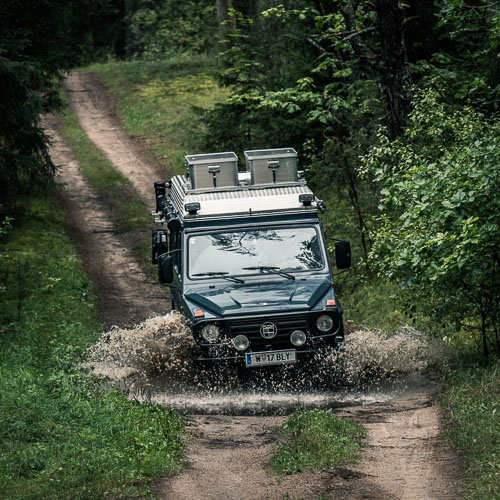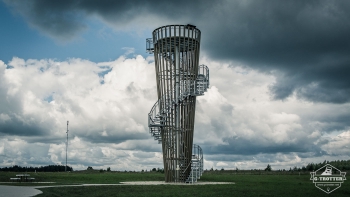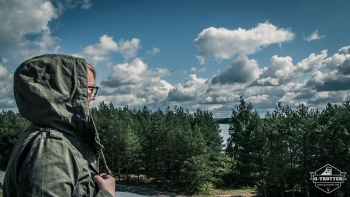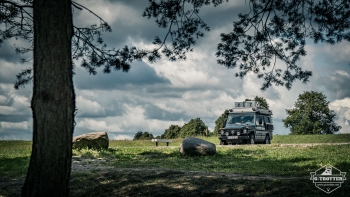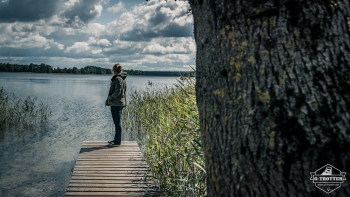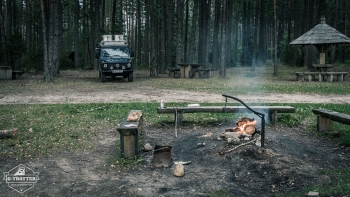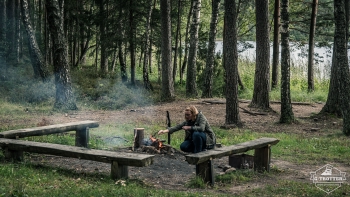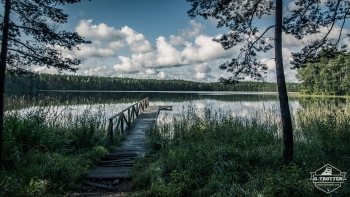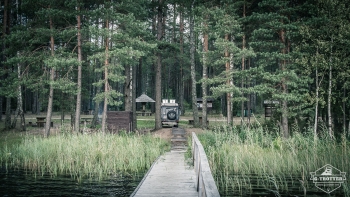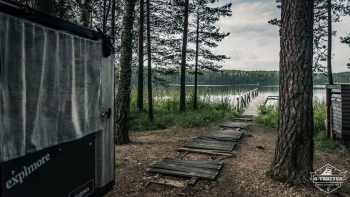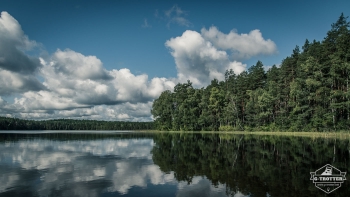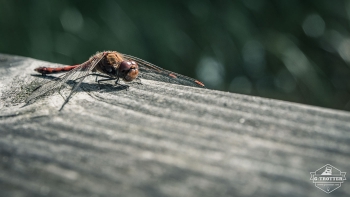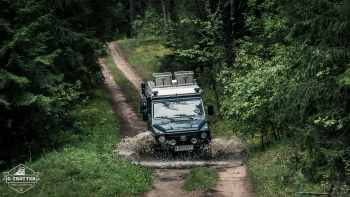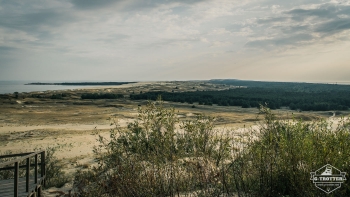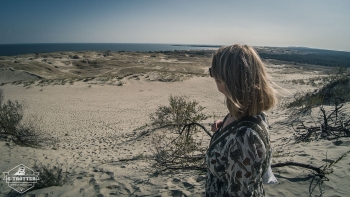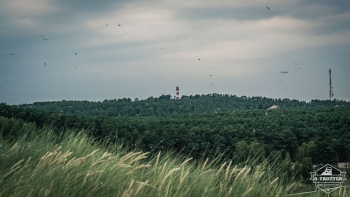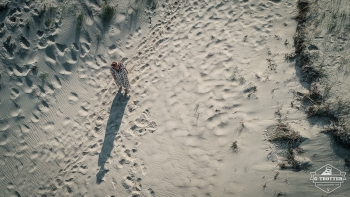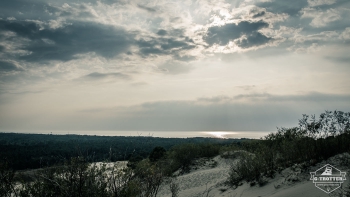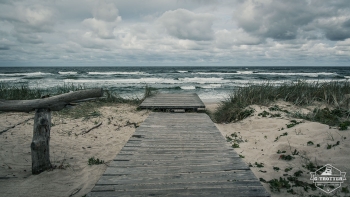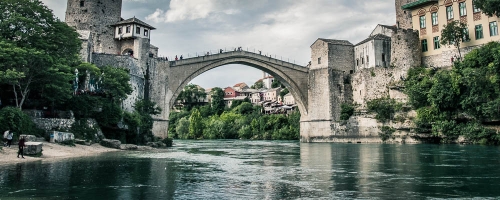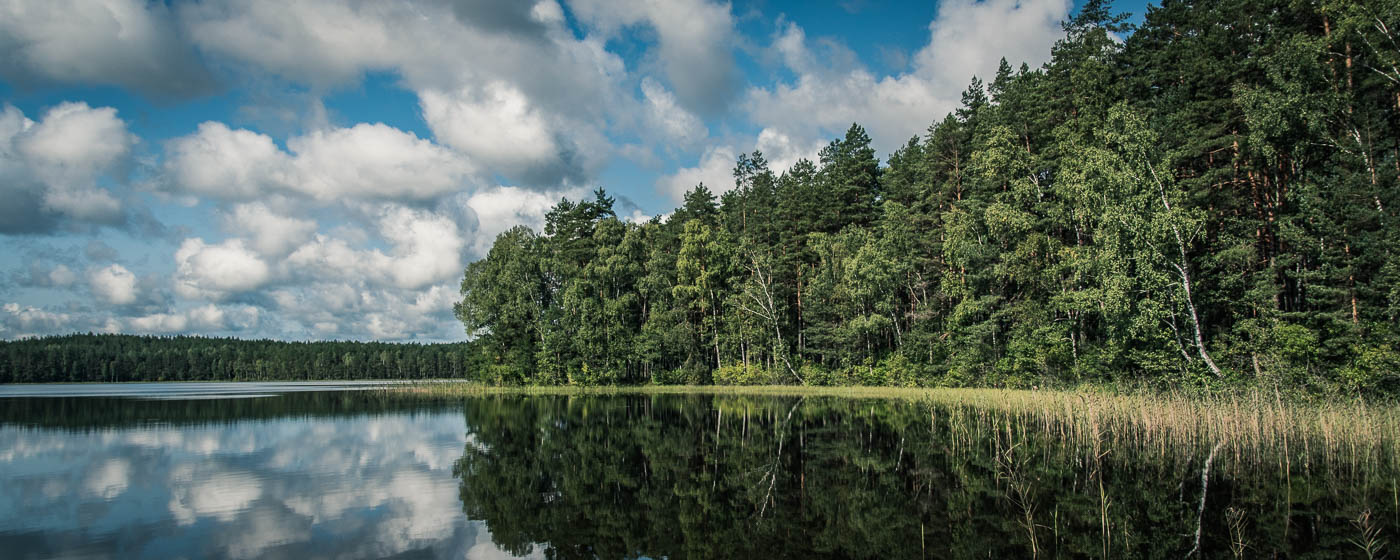
Lithuania - the unknown enthuses
Written by am on 23.01.2018 at 12:53.
Lithuania was for us a blind spot on the map. Only the fact that it is the southernmost and largest country of the Baltics we did remember from school days. Everything else was like the conquest of a great unknown.
The first of the three Baltic states on our route turned out to be the biggest surprise. Coming from Poland, our first stop in Lithuania was a quiet spa town in Lithuania`s south called Druskininkai. The first of many. Palanga, Neringa and Juodkrantė - all located on the Baltic coast, should follow.
But there we were not in the mood for thermal baths and Kneipp treatments, instead we relished the endless sandy beaches of the Lithuanian Baltic Sea. Coming from a landlocked-country, the mere sight of the sea means pure pleasure. The usually stormy sea, however, was at the end of August already too cold to bath in it more than a toe tip.
On the way to the Baltic coast, we stopped in Vilnius. We enjoyed the small but lively capital city of Lithuania and stayed there for three days. Some photos of our visit in Vilnius can be found in the picture gallery.
We highly recommend the Downtown Forest Hostel & Camping as a place to stay in the capital city. The location is very central, yet it is quiet, cozy and very green. The hostel offers some parking lots for campers in its yard, all required facilities inside the hostel building can be used.
Crosses over Crosses
On the route between Vilnius and the sea lies a remarkable place in Lithuania - the "hill of crosses". Since both of us are not religious, we initially had doubts as to whether this site of pilgrimage near the city of Siauliai would be worth a visit.
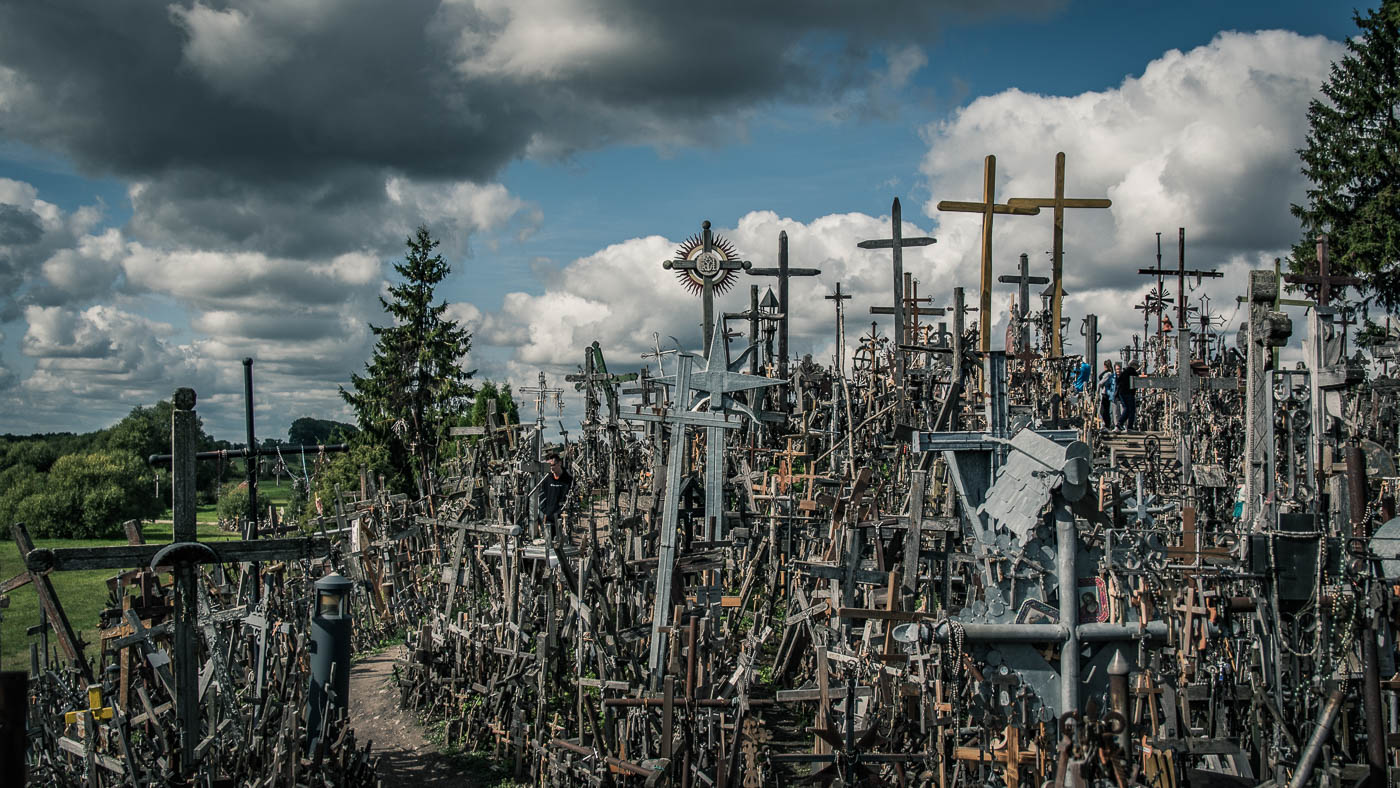 Crosses as far as the eye can see. More pictures are available in the picture gallery.
Crosses as far as the eye can see. More pictures are available in the picture gallery.The sight of the hill, which is covered with hundreds of thousands of crosses, is an extraordinary one - irritating and fascinating at the same time. Innumerable crosses of all sizes and made of diverse materials were left by visitors on this hill, always connected with a wish, thanks or remembrance. Our eyes did not find any spot on the hill that was not covered by a cross - wherever our eyes wandered, everywhere crosses.
Several legends about the origin of the hill exist. The only certainty about this site is, that it had become a symbol of national resistance against the Soviet domination in Lithuania. All attempts by the communist regime to destroy the hill did not succeed. Again and again, new crosses were set up. (-> More pictures of the hill of crosses are available in the picture gallery)
Sunshine and Sand
Having arrived on the Baltic coast, we were heading for the Curonian Spit, which can be easily overlooked on a map. Before our departure, we had learned from a friend about the UNESCO World Heritage listed peninsula, which is shared by two countries - while its northern part belongs to Lithuania, its southern portion lies within Russia (Kaliningrad Oblast).
 The dunes of Nida at the Curonian Spit.
The dunes of Nida at the Curonian Spit.Starting from the city of Klaipeda, we drove the narrow, 98 km long headland from north to south. After 50 kilometers, however, we had arrived at the border and could not enter the Russian part of the peninsula without a visa. Nevertheless, we spent three days in the Lithuanian part of this unspoilt natural paradise with its impressive moving sand dunes, quiet beaches and small paths leading through pine forests.
Our intention to camp somewhere in the nature soon proved to be unfeasible, as on the Curonian Spit all paths leading into the wood were blocked with bars or fences. Understandable, given the number of tourists who spend the summer months there. All campers are encouraged to use the only campsite on the peninsula. Since we are never very keen on staying on conventional campsites, we preferred a hostel in the town of Nida. A room for us, a parking lot for the G right in front of the door.
In the high dunes around Nida we felt like in a North African desert. We had a picnic, put our feet in the cool sand and were tempted to build sand castles from the fine sand.
Culinary Bliss
In Lithuania not only the awesome landscape convinced us, also its traditional kitchen.
We sincerely recommend Lithuania as a destination for everyone who considers coffee not only as a caffeine source but who also has expectations in terms of quality. That even the smallest café do prepare their coffee at barista level surprised us and considered one part of the G-Trotter team in seventh heaven.
 Lithuanian Potato Dumplings (Zeppelins)
Lithuanian Potato Dumplings (Zeppelins)The in Lithuania very popular "Kvass", a lightly alcoholic beverage produced by fermentation of bread, was no delight to our palate. After a first tasting we unanimously declared that this was the last time we had drunk Kvass. In contrary, a culinary highlight was “Saltibarsciai"- a cold beetroot soup typical for Lithuania.
Potatoes are the second bread of the Lithuanians, they are served almost every day and throughout the year. Filled potato dumplings (zeppelins) and potato pancakes refined with all imaginable ingredients made my heart beat faster.
No need to mention how happy I was to learn that the Latvians savour similar culinary delights and that I would not have to give up my beloved potato dishes in the next Baltic country to be visited by us.

